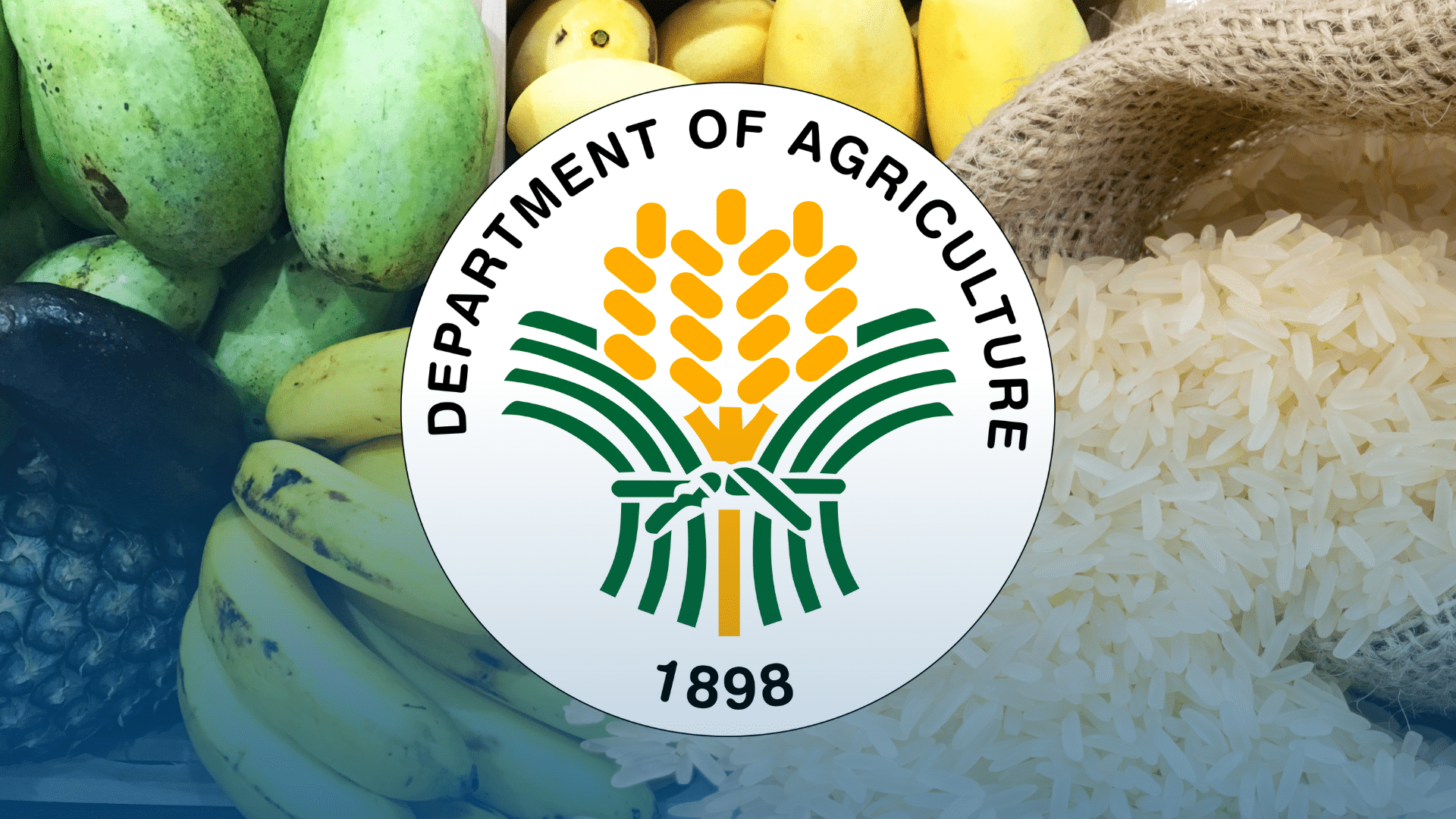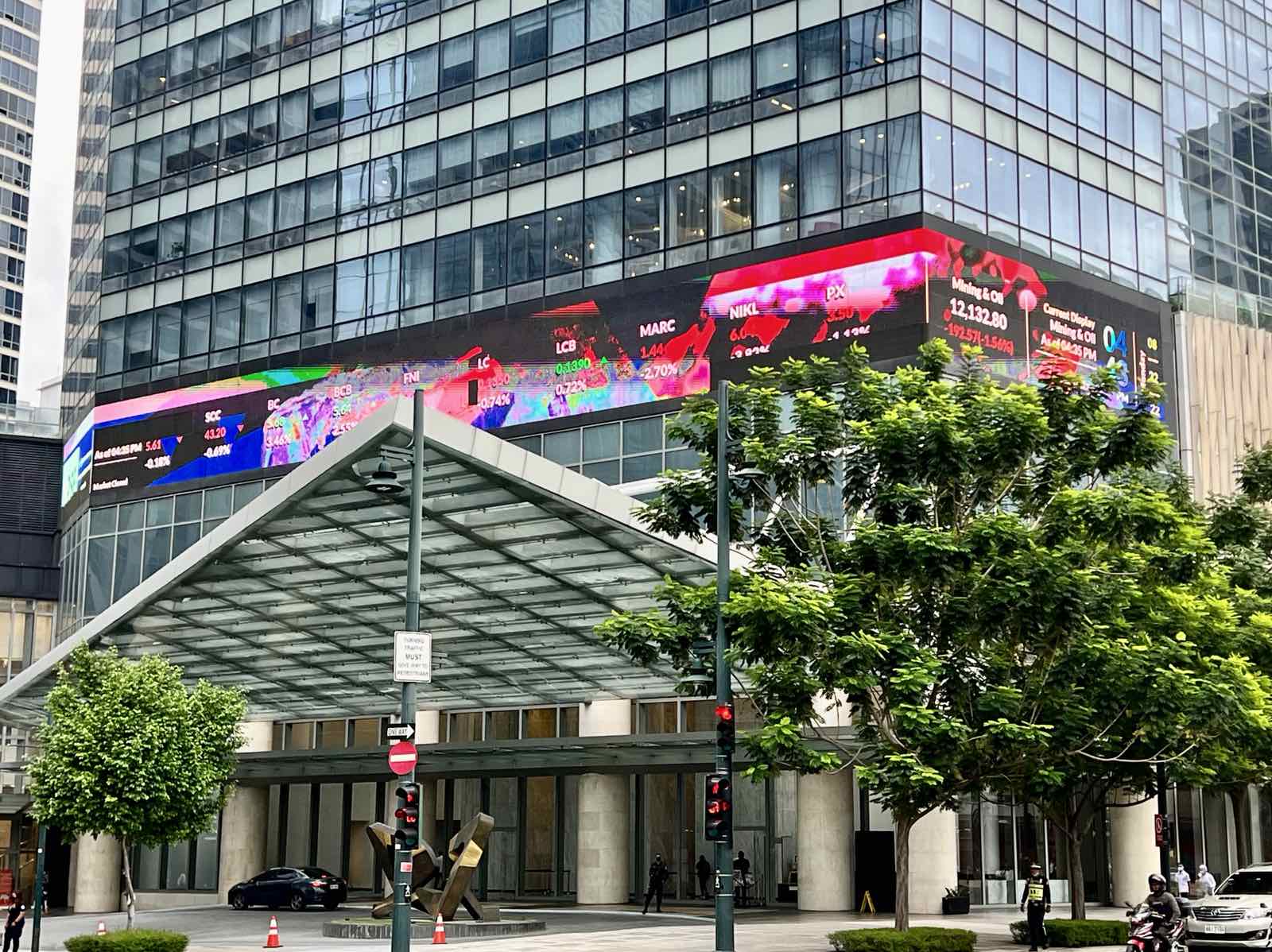
DEBT watcher Moody's Ratings on Friday affirmed the Philippines' Baa2 rating with a stable outlook, citing the country's high medium-term growth potential due to various reforms.
A "stable" outlook means the rating will likely remain unchanged within the next 12 to 18 months.
An investment-grade rating indicates low sovereign risk, allowing the country to secure cheaper funding and shift resources from interest payments to social programs and projects.
"The stable outlook reflects balanced risks," Moody's ratings said.
"Upward credit pressures would be driven by a more rapid improvement in fiscal and debt metrics than we currently expect, which would likely be supported by even stronger growth momentum on the back of resilient household consumption, higher public and private investment, and a recovery in exports," it added.
Moody's Ratings expects the Philippines to maintain strong growth, driven by resilient household consumption, robust public and private investments, and a boost in exports.
It noted that recent economic reforms aimed at liberalizing the Philippine economy will bolster medium-term growth potential by creating a business-friendly environment and attracting foreign investments.
Gross domestic product (GDP) growth reached the lower end of the government's 6.0 to 7.0 percent target by the first half of this year, with second-quarter growth exceeding expectations at 6.3 percent.
To meet the target, the country needs to maintain a growth rate of at least 6.0 percent in the coming quarters.
Foreign direct investments are expected to grow in this year until 2025, fueled by strong interest in the energy, manufacturing, and communications sectors.
Moody's Ratings also noted that the government's infrastructure initiatives, targeting an increase in infrastructure investments to 5.0 to 6.0 percent of GDP, will help close the country's infrastructure gap relative to its peers.
In a separate statement, Finance Secretary Ralph Recto asserted their efforts on improving conditions for better private sector collaboration, which will attract more investments and technology, create high-quality jobs, and boost industry development.
"These will create more quality jobs, increase incomes, and reduce poverty incidence in the country," Recto said.
Poverty and education issues
Moody's Ratings, however, noted that high poverty levels and uneven access to education and training could limit long-term growth potential if not addressed.
It emphasized that this issue is particularly important as the country aims to attract more foreign investment and shift toward higher value-added export sectors.
Recto, meanwhile, stated that with their growth-focused fiscal consolidation plan, the country will have enough financial space to invest in infrastructure, education, human capital, and social protection programs, all of which significantly boost the economy.
Moody's Ratings also noted that fiscal consolidation will continue under the Marcos administration's Medium-Term Fiscal Framework, though at a slower pace than planned.
Government debt is expected to stabilize around 60 percent of GDP for the national government and 50 percent for the general government, which is higher than before the pandemic but similar to peers.
The forecast assumes progress on revenue and expenditure reforms until next year, which should aid fiscal consolidation from 2025. However, risks include the failure to pass fiscal reforms or increased spending before the 2025 elections.
Moody's Ratings also said that debt affordability may weaken in the next two years.
Despite a recent rate cut by the Bangko Sentral ng Pilipinas (BSP), it said that high government funding costs and a weaker Philippine peso will increase interest expenses.
Interest payments are expected to rise to about 13 percent of government revenue until 2025, up from 10.2 percent in 2022, before stabilizing below 13 percent in 2026.
BSP Governor Eli Remolona Jr. said they will work with the government to improve the country's ratings.
The BSP policymaking body Monetary Board already slashed the key policy rate by 25 basis points to 6.25 percent, ending the 17-year high of 6.5 percent.
"We are taking a measured approach in safeguarding price stability conducive to sustainable economic growth," Remolona said.
Read The Rest at :




